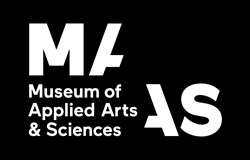When: Wednesday 14th November, 8:45am – 9:45am
Where: L3, Level 2 to the left of the registration/foyer area, down the hallway and through the doors on the right
Hashtag: #W5
The Kickstart Science workshops are aimed at HSC Science students and teachers and are designed to meet the demand expressed by teachers in response to previous and upcoming changes to the HSC Science syllabus. Parts of the syllabus requires equipment or expertise in areas that many schools may not be able to provide. Kickstart workshops give HSC students a chance to do experiments and demonstrations of key ideas in the syllabus that are difficult to do in the classroom.
Kickstart Science makes HSC Physics accessible for students and teachers. The experiments and demonstrations have covered aspects of the core and optional HSC Physics syllabus all in the setting of real teaching laboratories. Classes spend two and half hours going through our experiments in small groups. Each group has its own casual academic tutor and covers many dot points of the syllabus in depth. Worksheets are provided for all students and teachers.
The case study will introduce the Kickstart Science outreach program from the University of Sydney Faculty of Science, including how it is run and how it has changed in its history. We will cover some of the unique aspects of Kickstart Science including justification of how it is designed, reporting on how it is received by students and teachers and how it is held within the faculty of Science. We will also include challenges and future work.
Session
Presenter
Tom Gordon, Senior Science Communicator, University of Sydney, Faculty of Science
